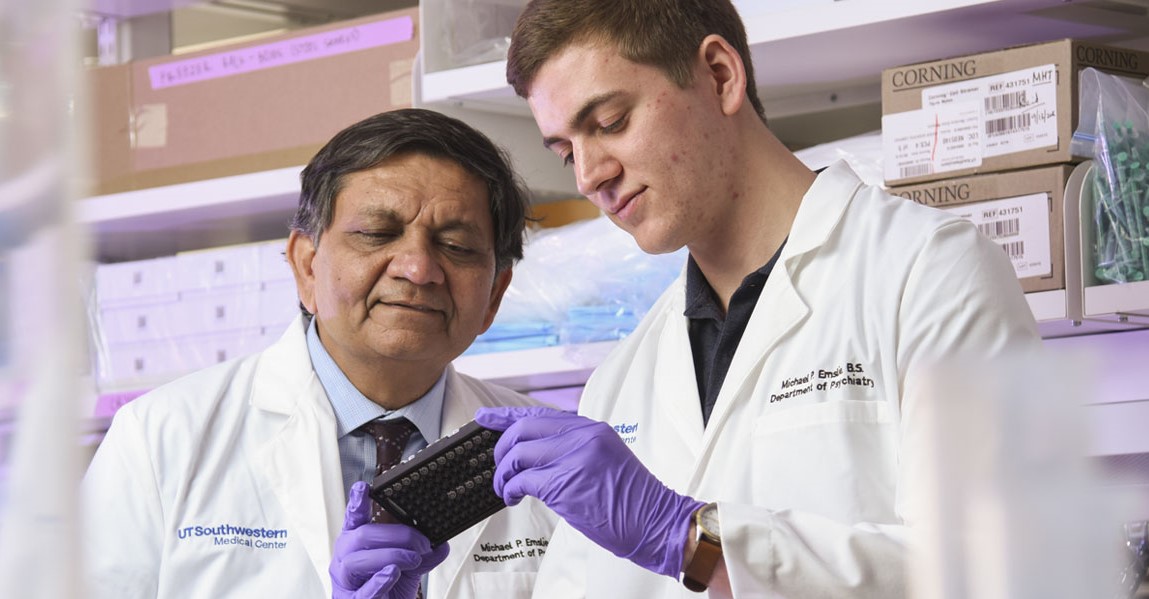
Article courtesy of UT Southwestern Medical Center Newsroom
DALLAS – Feb. 10, 2020 – Artificial intelligence may soon play a critical role in choosing which depression therapy is best for patients.
A national trial initiated by UT Southwestern in 2011 to better understand mood disorders has produced what scientists are calling the project’s flagship finding: a computer that can accurately predict whether an antidepressant will work based on a patient’s brain activity.
The new research is the latest among several studies from the trial that cumulatively show how high-tech strategies can help doctors objectively diagnose and prescribe depression treatments. Although implementing these approaches will take time, researchers predict tools such as AI, brain imaging, and blood tests will revolutionize the field of psychiatry in the coming years.
These studies have been a bigger success than anyone on our team could have imagined. We provided abundant data to show we can move past the guessing game of choosing depression treatments and alter the mindset of how the disease should be diagnosed and treated.
Madhukar Trivedi, M.D., a UT Southwestern psychiatrist who oversaw the multi-site trial involving Stanford, Harvard and other institutions
EEG-based predictions
The study published in Nature Biotechnology included more than 300 participants with depression who were randomly chosen to receive either a placebo or an SSRI (selective serotonin reuptake inhibitor), the most common class of antidepressant. Researchers used an electroencephalogram, or EEG, to measure electrical activity in the participants’ cortex before they began treatment. The team then developed a machine-learning algorithm to analyze and use the EEG data to predict which patients would benefit from the medication within two months.
Not only did the AI accurately predict outcomes, further research suggested that patients who were doubtful to respond to an antidepressant were likely to improve with other interventions such as psychotherapy or brain stimulation.
The findings were validated in three additional patient groups.
This study takes previous research, showing that we can predict who benefits from an antidepressant, and actually brings it to the point of practical utility.
Amit Etkin, M.D., Ph.D., a Stanford University psychiatry professor who worked with Trivedi to develop the algorithm
Among the next steps, researchers say, is developing an AI interface that can be widely integrated with EEGs across the country, as well as seeking approval from the U.S. Food and Drug Administration.

